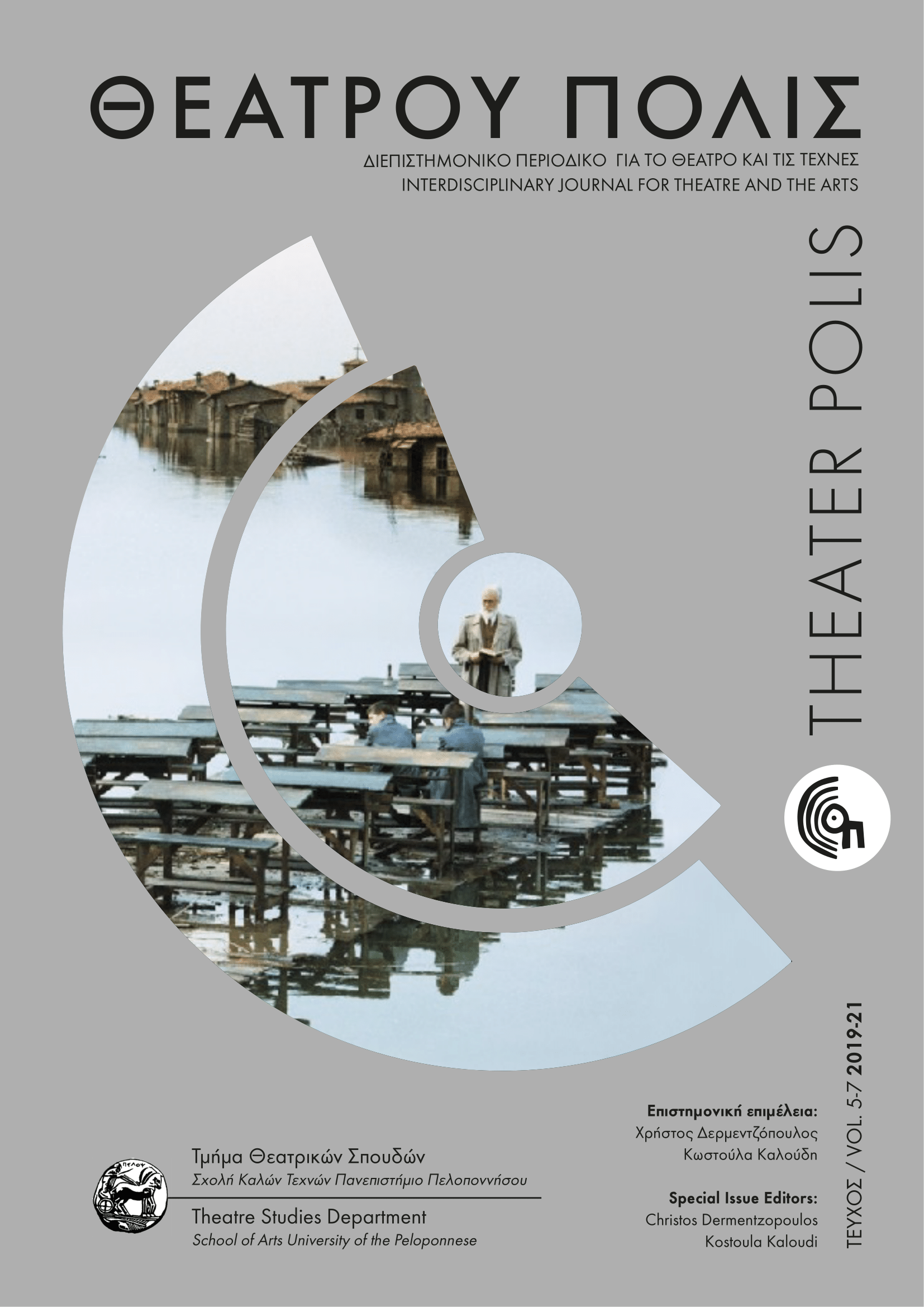“Will they forget us?” Narrative representations and cultural memory in Pantelis Voulgaris’ film The Last Note
Abstract
Pantelis Voulgaris’ film The Last Note (2017) belongs to the broader field of cinema as a symbolic form of historical culture in 20th and 21th century. The films’ trailer provoked an important public debate with arguments based on the uses of historical sources and evidences; specially mentioning the Nazi “announcement” about the execution of 200 prisoners from the Haidari camp on May 1, 1944. Public discourses focused on the “silencing” of the prisoners’ political identity (communists) and, therefore, the informal “censorship” through the production system of the film. This article discusses the portrait of the main character, named Napoleon Soukatzidis. Prompted by the narratives on Soukatzidis, I will try to delineate a series of literary texts, archival traces and visual representations that are related to Voulgaris’ film. For this purpose, I shall examine the blending of fact and fiction (“faction”) as a hybrid genre which developed significantly the dynamics of memory in “historical docudramas”. What I want to argue is that Voulgaris’ film, by bringing to surface the feeling of nostalgia, produces new forms and modes of contemporary cultural memory of World War II.
Article Details
- How to Cite
-
Κώστα Β. (2022). “Will they forget us?” Narrative representations and cultural memory in Pantelis Voulgaris’ film The Last Note. Theater Polis. An Interdisciplinary Journal for Theatre and the Arts, 87–100. https://doi.org/10.12681/.30769
- Section
- Articles
Τα πνευματικά δικαιώματα των δημοσιευμένων άρθρων ανήκουν στο περιοδικό. Απαγορεύεται η μερική ή/και ολική αναδημοσίευση κειμένων που δημοσιεύονται στο περιοδικό, χωρίς την συγκατάθεση της των Επιμελητών ή της Συντακτικής Επιτροπής και επιβάλλεται αναφορά στην πρώτη δημοσίευσή τους στο περιοδικό Θεάτρου Πόλις.



